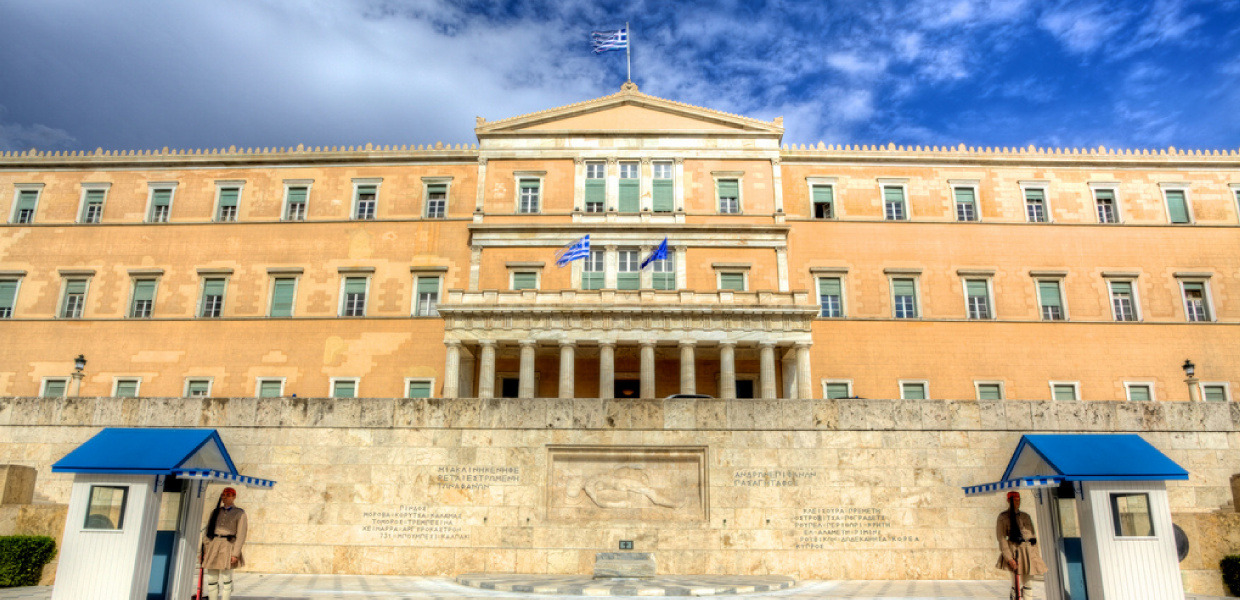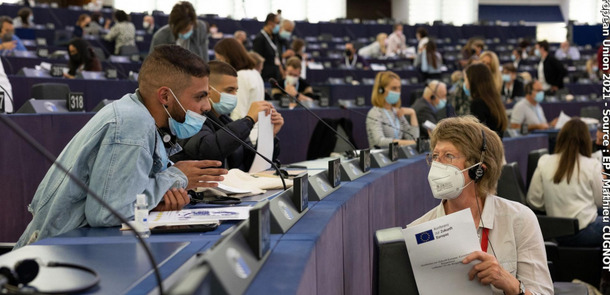The Greek people have voted for the third time this year. The euro countries stay firm: The new government under Alexis Tsipras has to implement the reforms of the third bailout package swiftly and comprehensively.
In the run-up to the Greek parliamentary elections on September 20, 2015 Katharina Gnath analyses the current relations between Greece and the euro area. The events around the third rescue package this summer have left all parties involved bruised. The negotiation marathon has become a symbol of how difficult it is to implement bailout policies in the monetary union. Since then the waves have somehow calmed down. Much to the surprise of many observers, the details of the new € 86 billion programme were hammered out in merely four weeks.
Contrary to some of his party colleagues on the far left, Tsipras seems to have come to the realization that Greece, which is profoundly unhappy with life in the euro area, cannot risk leaving for fear of provoking a financial and economic crisis that would exceed the current hardship. Tsipras resigned in late August after a large number of parliamentarians from his own party refused him their support in crucial reform votes, forcing him to rely on the opposition.
Days before the vote, the opinion polls predicted a head-to-head race between the incumbent Alexis Tsipras from Syriza and Evangelos Meimarakis, his conservative rival from Nea Demokratia. Contrary to the surveys Tsipras won the election outright. The chances that the current reform agenda will be implemented is thus better than ever.
Still: Greece is not out of the woods yet. The challenges for the financial system, the economy as a whole, and the Greek administration are immense. The euro countries therefore remain firm: The new government under Alexis Tsipras has to implement the reforms of the third bailout package swiftly and comprehensively.
The full text first appeared at the Italian Institute for International Political Studies (ISPI). It can be downloaded on the right hand side.




